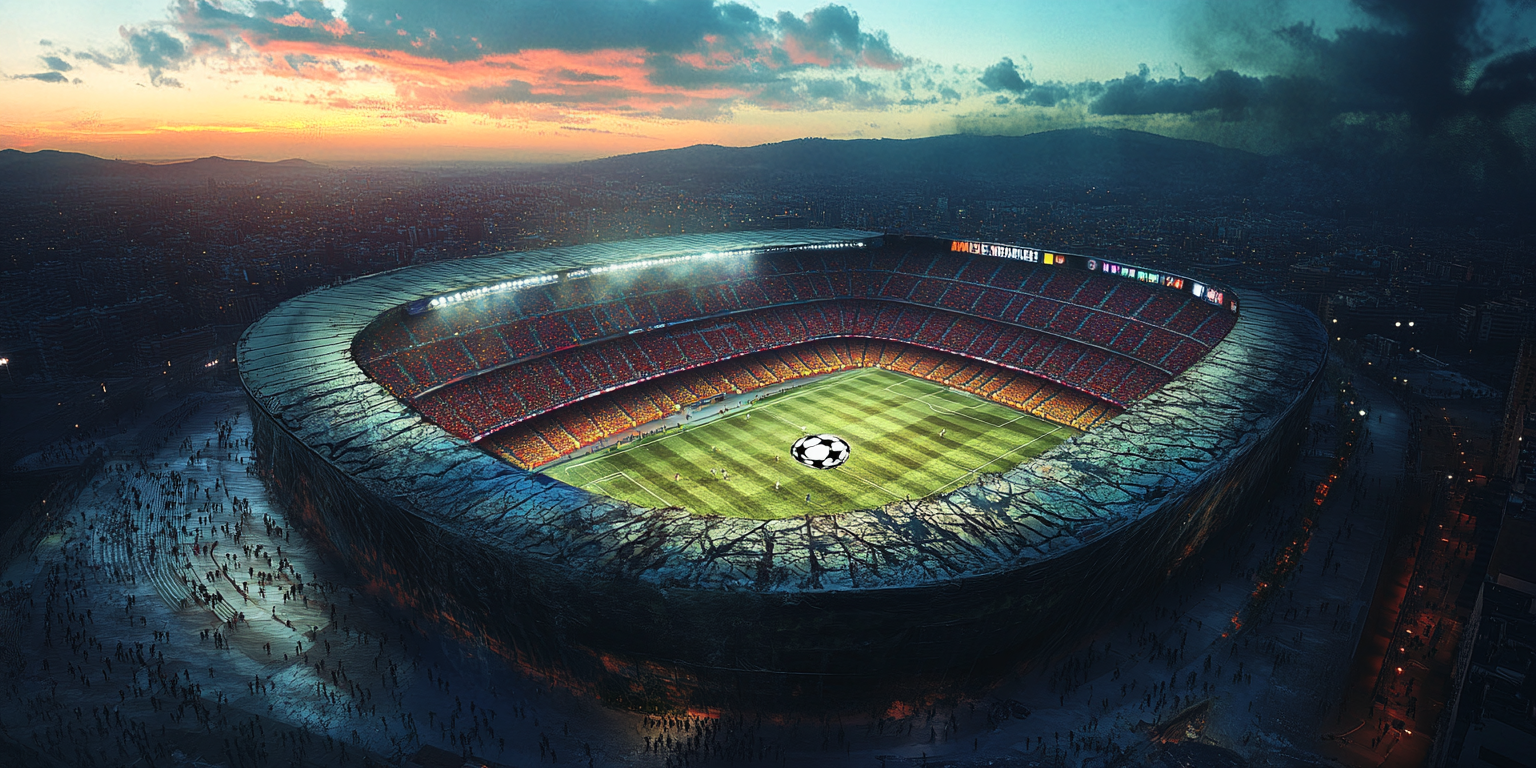FC Barcelona, once the epitome of footballing excellence, is now facing a financial crisis that has shocked the footballing world. Known for their iconic style of play, global fan base, and trophy-laden history, Barcelona's fall from grace is a cautionary tale of mismanagement and unsustainable spending.
The Glory Years
Barcelona’s golden era began in the late 2000s under the management of Pep Guardiola. With a core team led by Lionel Messi, Xavi, and Iniesta, the club revolutionized football with their "tiki-taka" style.
Achievements
- Champions League Triumphs: Barcelona lifted Europe’s most coveted trophy in 2006, 2009, 2011, and 2015.
- La Liga Dominance: The club claimed multiple domestic titles, often with record-breaking performances.
- Global Appeal: Players like Messi turned the club into a global brand, attracting sponsorships and millions of fans worldwide.
The Financial Decline
While Barcelona’s on-field success was unparalleled, their financial practices during this time set the stage for their downfall.
Unsustainable Spending
- Player Wages: Barcelona consistently maintained one of the highest wage bills in football, exceeding €600 million annually by 2020.
- Big-Money Transfers: Signings like Philippe Coutinho (€145M), Ousmane Dembélé (€140M), and Antoine Griezmann (€120M) failed to deliver returns on investment.
Poor Financial Management
- Dependence on Matchday Revenue: The COVID-19 pandemic severely impacted revenue, as matches were held behind closed doors.
- Debt Accumulation: By 2021, the club reported debts exceeding €1.3 billion.
- Over-reliance on Short-Term Gains: Barcelona often sold future TV rights and other assets to cover immediate expenses, compounding long-term issues.

Losing Key Players
Barcelona’s financial troubles led to the unthinkable departure of Lionel Messi in 2021, as the club could not afford to renew his contract under La Liga’s financial fair play regulations. This marked a turning point, with fans and players alike questioning the club’s future.
Attempts at Recovery
Barcelona’s leadership, led by President Joan Laporta, has attempted to address these challenges:
- Cost-Cutting Measures: Reducing the wage bill and restructuring debts.
- Asset Sales: Selling portions of future revenues, such as TV rights, to generate immediate funds.
- Youth Development: Emphasizing players from their famed La Masia academy to reduce reliance on expensive signings.
Despite these efforts, the road to recovery remains steep, with critics arguing that selling future assets may hinder long-term growth.
Lessons from the Crisis
Barcelona’s decline offers valuable lessons for football clubs worldwide:
- Financial Prudence: Even the most successful clubs must balance ambition with sustainability.
- Diversified Revenue Streams: Over-reliance on matchday income can be catastrophic during unforeseen events.
- Strategic Planning: Long-term vision is crucial to maintaining stability and competitiveness.
Conclusion
From their peak as Europe’s most dominant team to their current financial struggles, FC Barcelona’s story is both a tragedy and a warning. While the club’s legacy remains intact, rebuilding their financial and footballing foundation is imperative to restore their former glory. Fans worldwide will hope that Barcelona can rise once again—this time with sustainability at the core of their ambitions.
